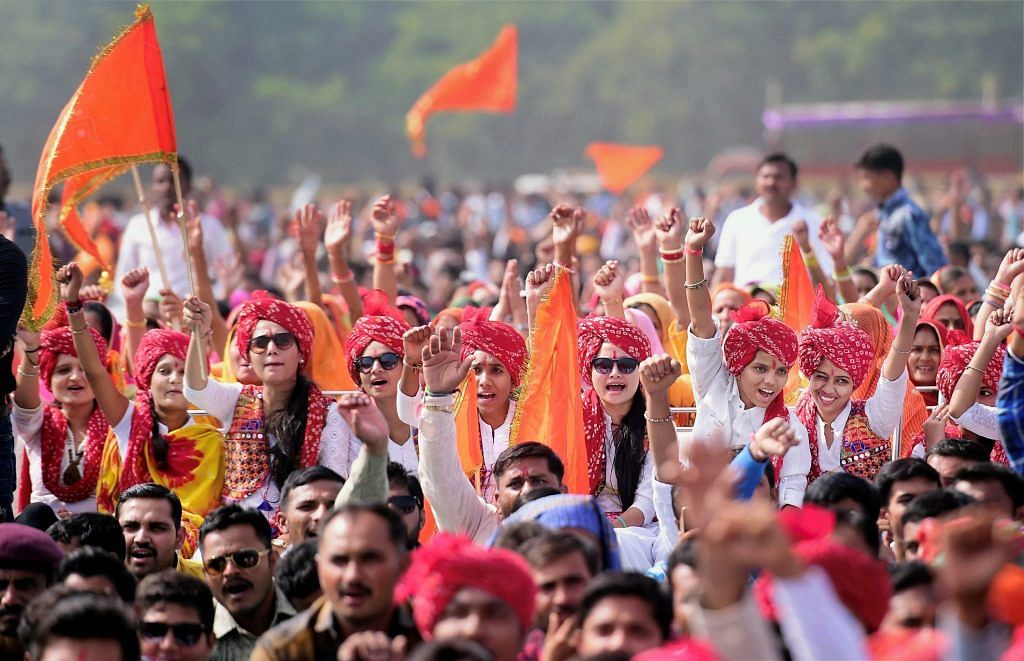The debate around the historical accuracy of fictional cinema like Sanjay Leela Bhansali’s upcoming film ‘Padmavati’ raises critical questions, once again, about barring art for hurting ‘public sentiment’. Once approved by the censor board, must there be any other tests that movies need to pass? ThePrint asks a panel of experts:
Should concerns of a particular community come in the way of Padmavati’s release?
Many artists thrive on highlighting subaltern or novel narratives, which go against mainstream notions. The novel Satanic Verses, the movie Fire, even the title of the acclaimed Sexy Durga, are only few of the many controversies where certain communities have taken offence. When the Constitution allows freedom of speech and expression, history is prone to constant calibration and mythicisation. Multiple versions of reality exist based on the ideals and lived experiences of different communities and individuals. By allowing only a certain ideal to be accepted, we will not only be curbing many unheard voices but also typecasting identities.
Here are other sharp perspectives on the Padmavati controversy:
Shekhar Suman: film and television actor
Manvendra Singh: BJP MLA
R. S. Khangarot: senior historian and Principal, Agrawal PG College Jaipur
Rana Safvi: author, ‘Tales from the Quran and Hadith’
Vijay Tiwari: spokesperson, Vishwa Hindu Parishad
Most of the people protesting against Padmavati haven’t even seen the film, and that’s how insecure they are about their caste identity. Even if it was portraying Rajputs and Padmavati through a novel gaze, it should be allowed to screen. It gives power to dialogue, which forms the basis of democracy, especially in a country as diverse as ours. In fact, when I saw the trailer, I found the possibility of glorification of female self-immolation and the pitting of Hindu Rajput valour versus Muslim savageness quite problematic. Even if the film says that, I would still not want it to be banned. I can disagree with the artist, or skip experiencing the art, but banning it will mute a voice which is an important reflection of the society we live in.
If we were to ban films based on concerns of communities, we’d probably never be able to tell the many “truths” that exist simultaneously. One truth, one history and one ideal based on caste identities, will make us a fascist society divided on caste lines. A progressive India can only be built by starting to listen.
Samarth Mahajan is creative director at Kahaani Wale
